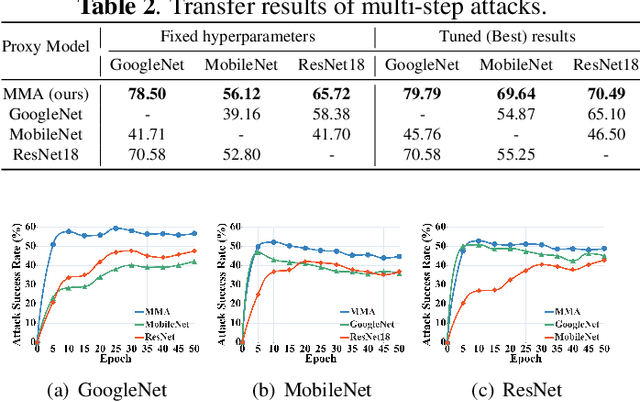Zuobin Ying
City University of Macau
MyGO: Make your Goals Obvious, Avoiding Semantic Confusion in Prostate Cancer Lesion Region Segmentation
Jul 23, 2025Abstract:Early diagnosis and accurate identification of lesion location and progression in prostate cancer (PCa) are critical for assisting clinicians in formulating effective treatment strategies. However, due to the high semantic homogeneity between lesion and non-lesion areas, existing medical image segmentation methods often struggle to accurately comprehend lesion semantics, resulting in the problem of semantic confusion. To address this challenge, we propose a novel Pixel Anchor Module, which guides the model to discover a sparse set of feature anchors that serve to capture and interpret global contextual information. This mechanism enhances the model's nonlinear representation capacity and improves segmentation accuracy within lesion regions. Moreover, we design a self-attention-based Top_k selection strategy to further refine the identification of these feature anchors, and incorporate a focal loss function to mitigate class imbalance, thereby facilitating more precise semantic interpretation across diverse regions. Our method achieves state-of-the-art performance on the PI-CAI dataset, demonstrating 69.73% IoU and 74.32% Dice scores, and significantly improving prostate cancer lesion detection.
Macro Graph of Experts for Billion-Scale Multi-Task Recommendation
Jun 12, 2025Abstract:Graph-based multi-task learning at billion-scale presents a significant challenge, as different tasks correspond to distinct billion-scale graphs. Traditional multi-task learning methods often neglect these graph structures, relying solely on individual user and item embeddings. However, disregarding graph structures overlooks substantial potential for improving performance. In this paper, we introduce the Macro Graph of Expert (MGOE) framework, the first approach capable of leveraging macro graph embeddings to capture task-specific macro features while modeling the correlations between task-specific experts. Specifically, we propose the concept of a Macro Graph Bottom, which, for the first time, enables multi-task learning models to incorporate graph information effectively. We design the Macro Prediction Tower to dynamically integrate macro knowledge across tasks. MGOE has been deployed at scale, powering multi-task learning for the homepage of a leading billion-scale recommender system. Extensive offline experiments conducted on three public benchmark datasets demonstrate its superiority over state-of-the-art multi-task learning methods, establishing MGOE as a breakthrough in multi-task graph-based recommendation. Furthermore, online A/B tests confirm the superiority of MGOE in billion-scale recommender systems.
Enhance transferability of adversarial examples with model architecture
Feb 28, 2022



Abstract:Transferability of adversarial examples is of critical importance to launch black-box adversarial attacks, where attackers are only allowed to access the output of the target model. However, under such a challenging but practical setting, the crafted adversarial examples are always prone to overfitting to the proxy model employed, presenting poor transferability. In this paper, we suggest alleviating the overfitting issue from a novel perspective, i.e., designing a fitted model architecture. Specifically, delving the bottom of the cause of poor transferability, we arguably decompose and reconstruct the existing model architecture into an effective model architecture, namely multi-track model architecture (MMA). The adversarial examples crafted on the MMA can maximumly relieve the effect of model-specified features to it and toward the vulnerable directions adopted by diverse architectures. Extensive experimental evaluation demonstrates that the transferability of adversarial examples based on the MMA significantly surpass other state-of-the-art model architectures by up to 40% with comparable overhead.
 Add to Chrome
Add to Chrome Add to Firefox
Add to Firefox Add to Edge
Add to Edge